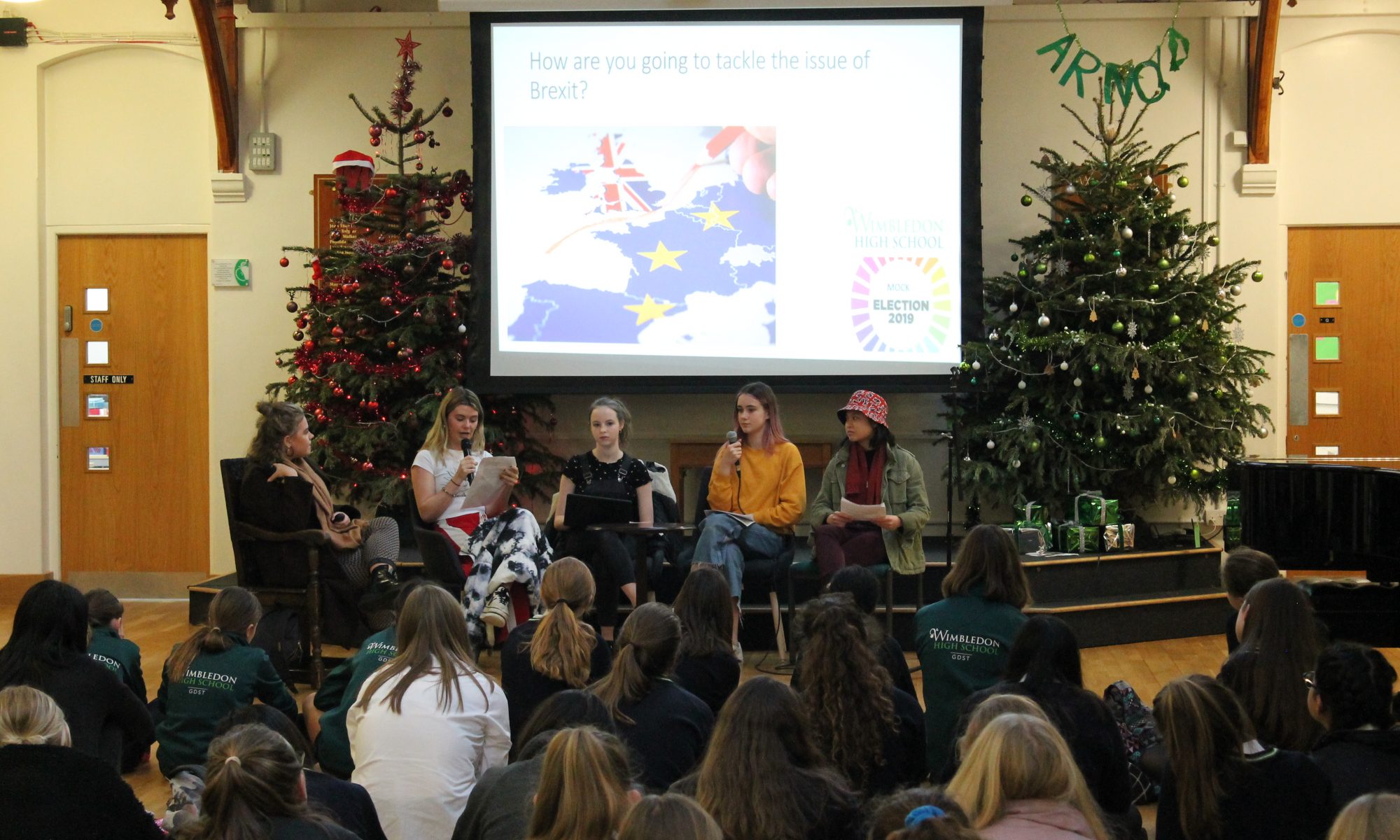The Head of WHS, Ms Fionnuala Kennedy, introduces Civil Discourse, a new strand of the school Curriculum which will equip students to join and influence crucial debates on the issues of our time with confidence, integrity and nuance.
Many critically important issues have arisen in the last eighteen months and many injustices are rightly being uncovered. Outrage is being expressed, with good reason, and Generation Z are politically active, knowledgeable and engaged, in a way that generations prior to it simply were not. Larger numbers of people than ever are seeking for a fairer, more equitable world for all, and it feels timely and positive that this is the case; not least because the unfolding events in Afghanistan this summer have served as a shameful and terrifying reminder of how fortunate we are to have access to an education system which is open, free, and encourages debate and diversity of thought.
Yet at just the moment when the world should be pulling together in our battle against a global pandemic, it seems we are more polarised than ever. At a time when we are questioning the notion of binaries in all sorts of arena, argument itself has become trenchantly binary. This is an era of no-platforming, of cancel culture and of offence.
Asking questions, not seeking answers
And so at Wimbledon High, we want to ask the following questions, and explore their potential answers together:
- How do we balance challenging and calling out hate speech with protecting freedom of speech?
- How do we resist the digitally driven mode of oppositional, reductive discourse which has begun to dominate, and which leads to the silencing of so many voices?
- How do we access opinions which differ to our
own, avoiding getting stuck in the echo chamber created for us by social media?
- How do we reclaim the art of listening, of reasoning, and of thinking with nuance?
- How do we articulate through our emotion, rather than relying on emotion alone to express us?
- How do we learn to be offended and to argue back, both learning in the process, but also – crucially – teaching the listener why our viewpoint deserves to be heard, perhaps even changing their mind in the process?
- And how do we explore the very notion of offence, ensuring the term does not get weaponised by those keen to fight what has become known in the press as a ‘Culture War’, and acknowledging that prejudice and hatred can cause genuine hurt and distress, not just ‘offence’?
These are big questions, and not easily answered – but that’s the point. The important discussions aren’t easy but that’s exactly why they should happen.
Bridging the generation gap
And, crucially, these discussions need to happen in an inter-generational forum. We cannot submit to the lazy and divisive notion that our age and level of experience renders us either too naïve/impassioned/‘woke’ (Gen Z) OR cynical/entrenched/outmoded (Boomers and beyond) to understand and learn from those of a different generation. As the Head of a leading school filled with amazing young women, it is not only my privilege but also my duty to listen to all of the voices around me and take on board a diversity of viewpoints – those of the students, of course, but also of the parents, the alumnae and the staff. It’s such a fine balance between allowing our amazing girls to feel heard and valued and respected, and also understanding that those of us in authority have wisdom and the perspective of experience to bring to bear. As one of our former Head Girls put it in an email to me:
“It really is people like you and the WHS teachers who make the difference, by acting on the recognition that the wisdom of your generation can be supported and enhanced by listening to and engaging with the voice of ours.”
Hear, hear.
What next?
And so, we will be threading Civil Discourse through the curriculum, through academic and pastoral, with sessions for Y7-9 in PSHE with Ms Kennedy, for Y10 in their PPE studies, Y11 in form times and Sixth Form in their Onwards programmes.
And the aim? Well, it’s simple: for our students to be truly flexible, robust and open in their thinking, and for the world to re-awaken itself to the notion of real debate and discussion, based on authentic encounters between enquiring hearts and minds.



